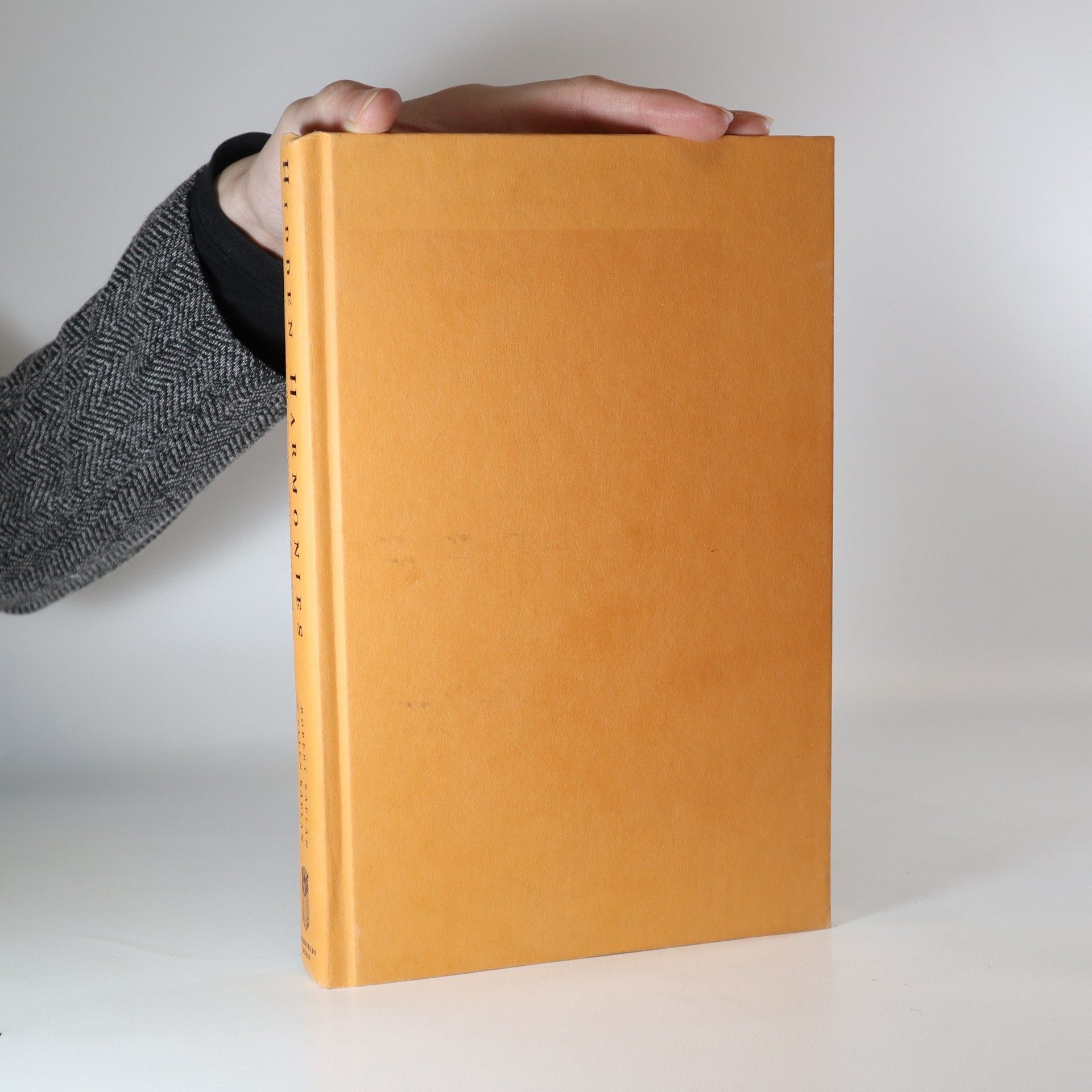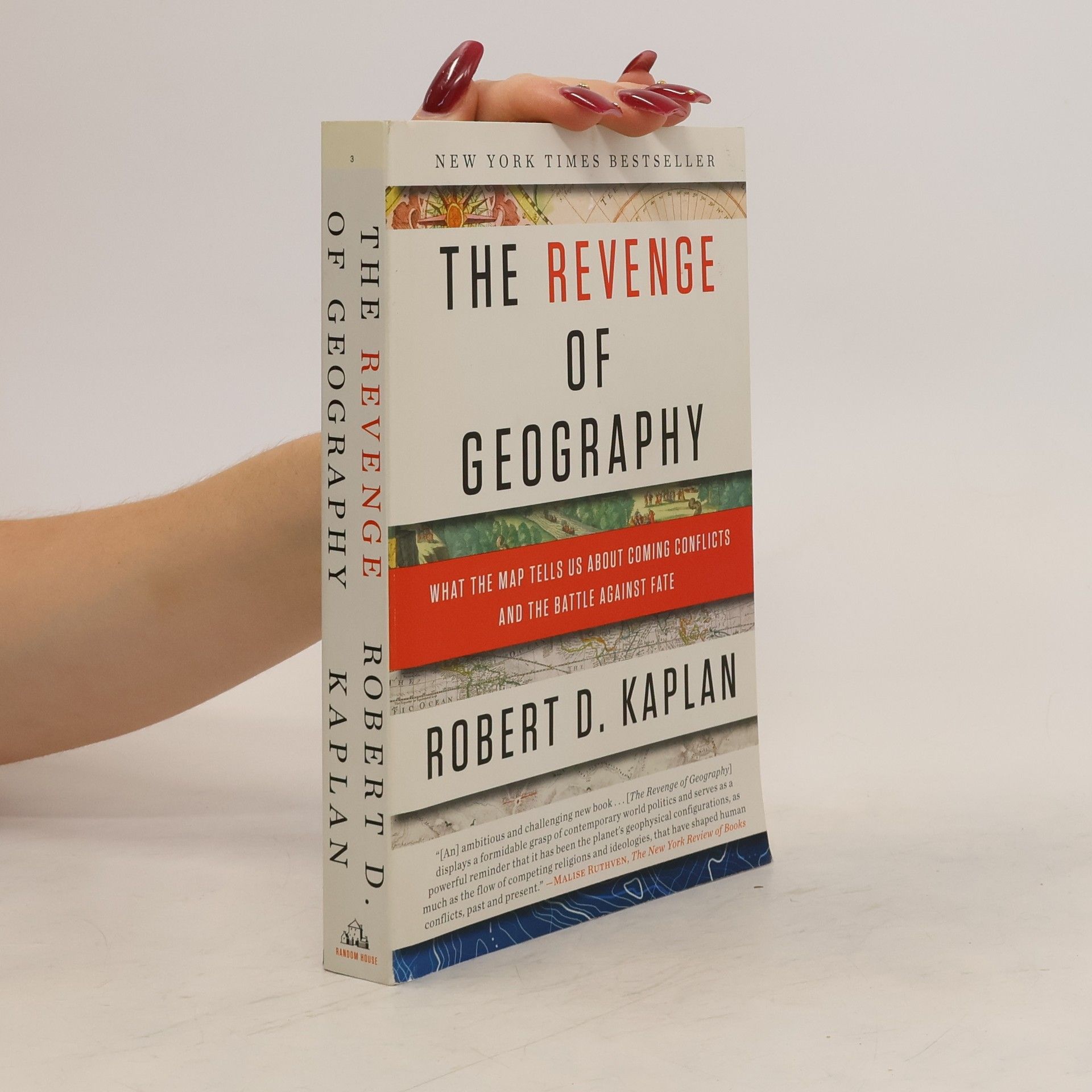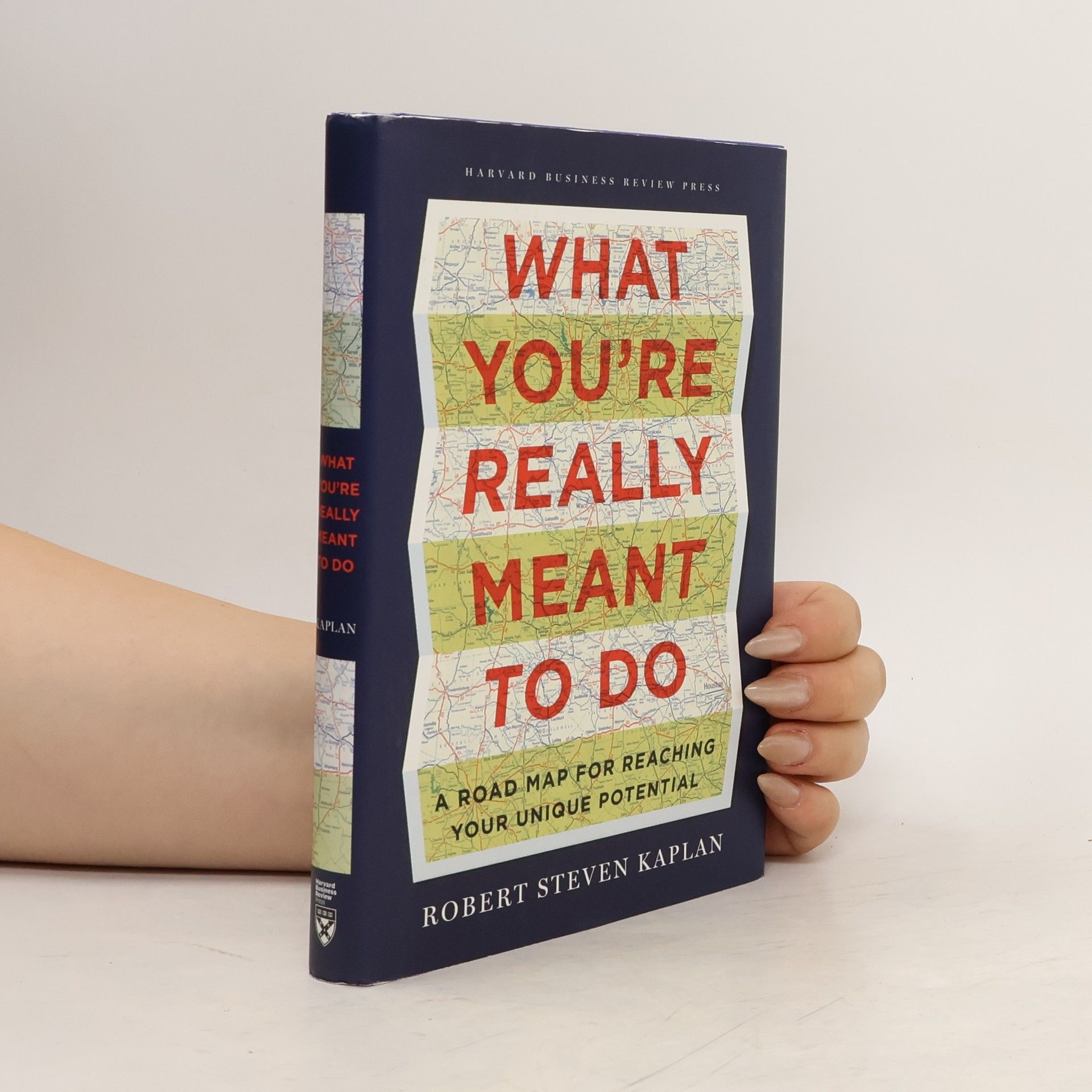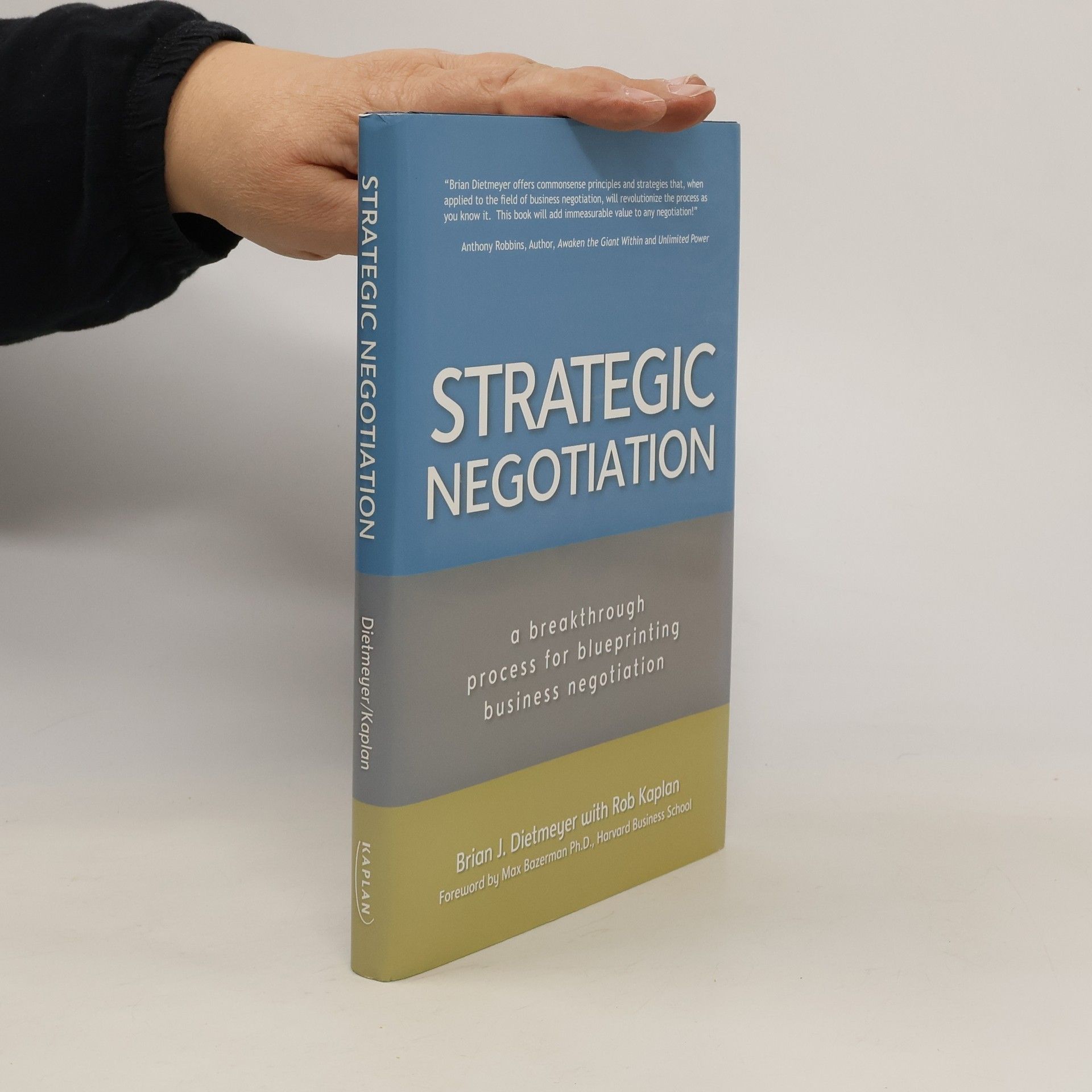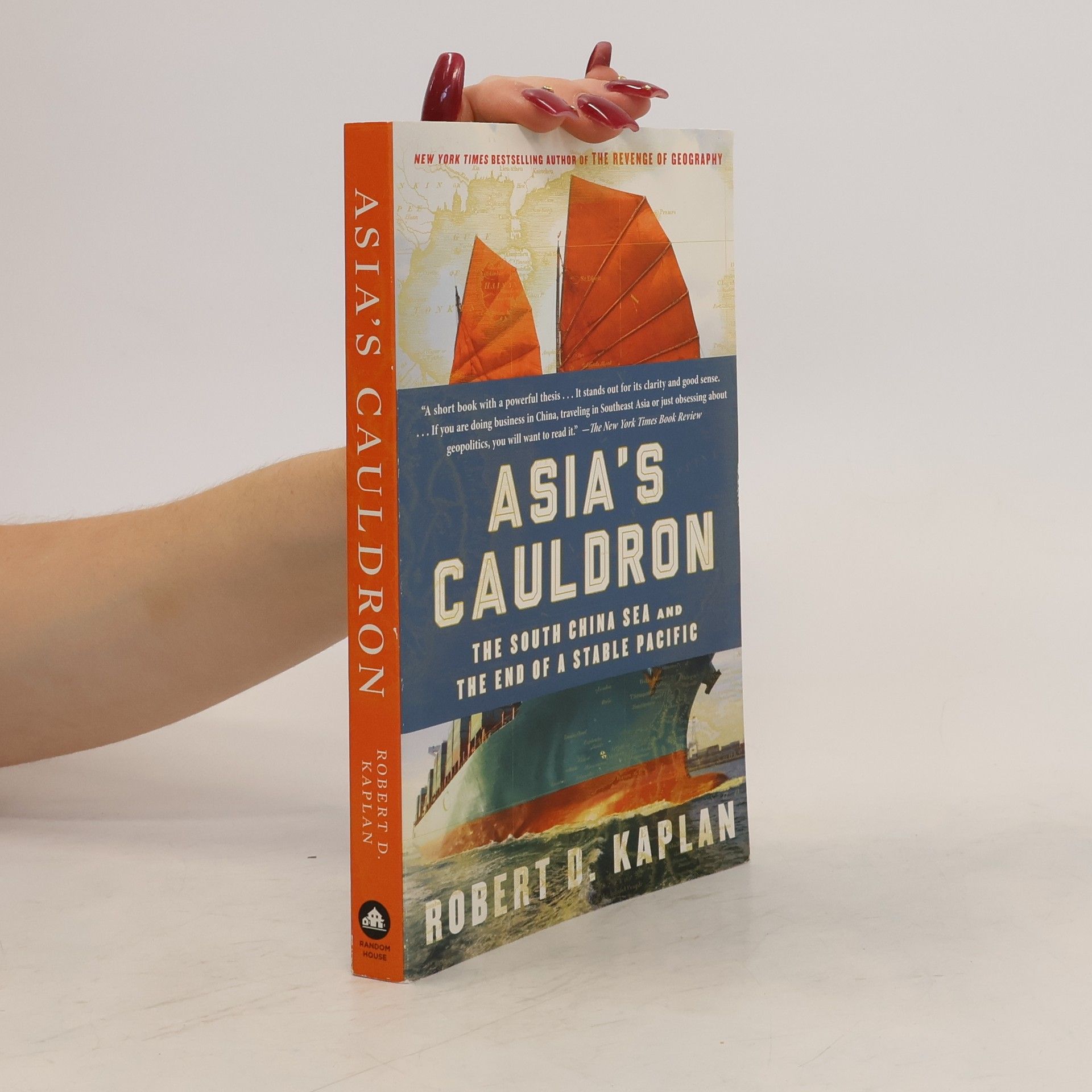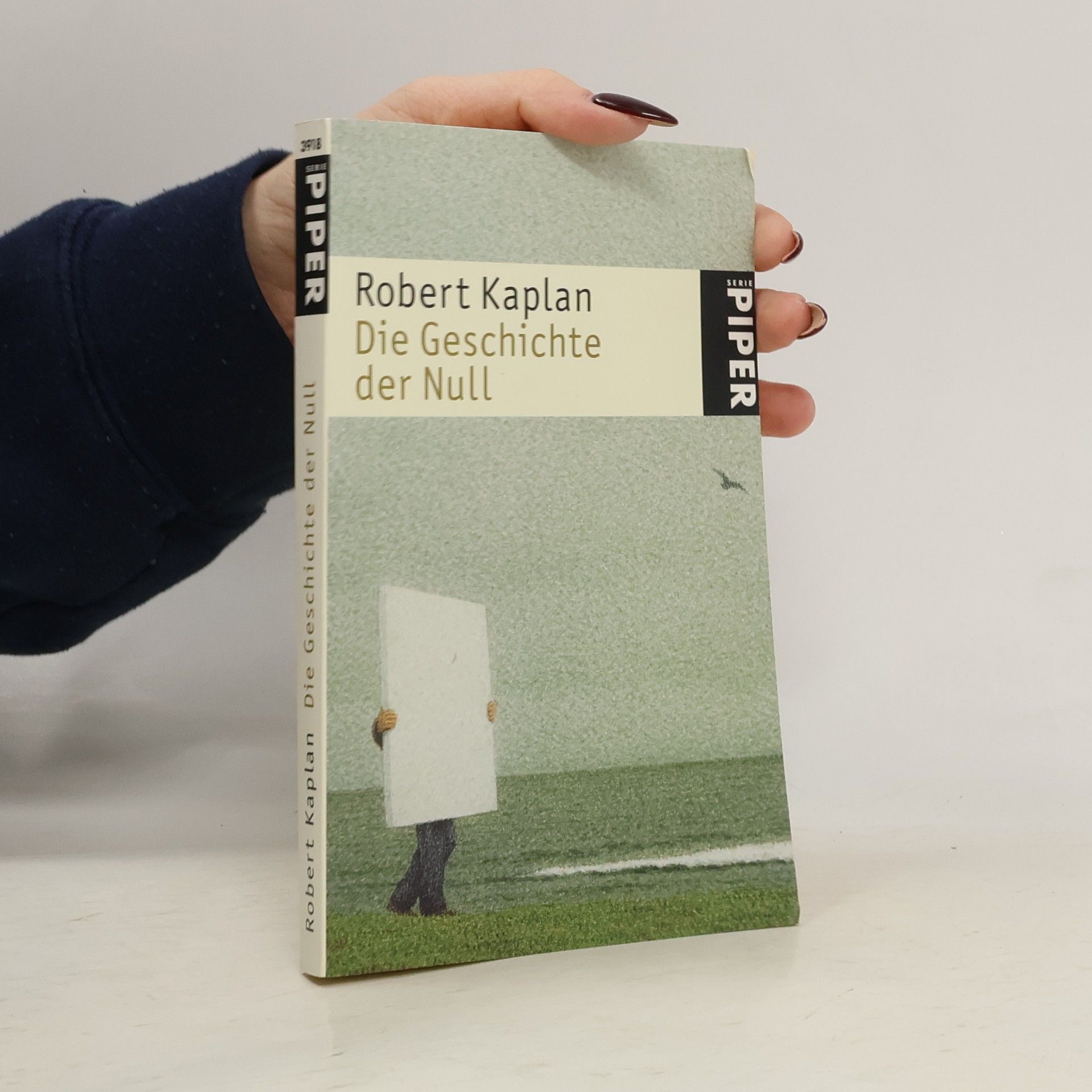Past/Present and Other Poems
- 70 pages
- 3 hours of reading
Set against the backdrop of 1980s New York City, the book intricately weaves narrative and reflection through the lens of the AIDS epidemic, exploring themes of urban life, national politics, and personal loss. The title poem, "Past/Present," delves into time, failed romance, and self-discovery, while the second half crafts a sensory landscape that serves as a meditative space for examining memory, identity, and relationships in a tumultuous world. Detailed imagery enhances the emotional depth and complexity of the experience.
